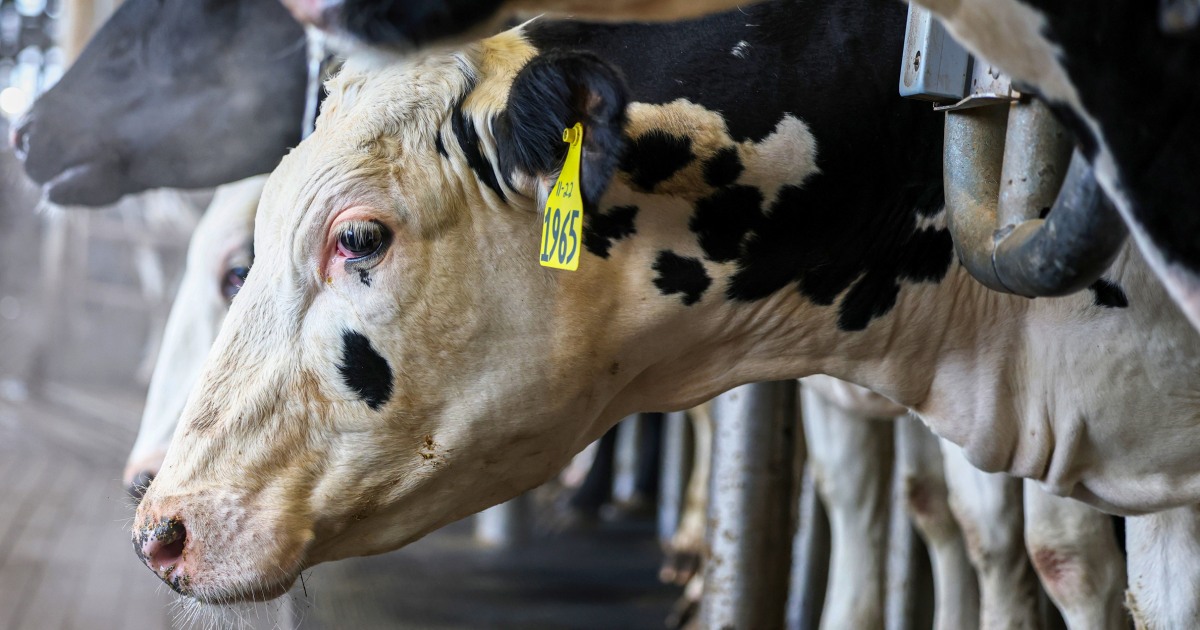The Biden administration has stated it has no immediate plans to authorize the use of a stockpiled bird flu vaccine, despite a growing outbreak among livestock and several human infections across the United States. This decision means that the incoming Trump administration will likely oversee any future authorization of the vaccine, potentially under the direction of Robert F. Kennedy Jr., Trump's pick to lead the Department of Health and Human Services.
The bird flu virus has been rapidly spreading among dairy cows since the spring, impacting at least 774 herds across 16 states. In response, the Agriculture Department recently mandated national milk supply testing to begin next week in six states, aiming to boost confidence in animal and worker safety and help map the spread of the virus.
Public health experts are particularly concerned about the virus’s spread in mammals due to the increased risk of human infection and potential for the virus to mutate into a form that could spread from person-to-person. While most U.S. human cases have been among farmworkers in close contact with infected animals, some cases with no clear animal contact have also been reported.
Two bird flu vaccine candidates are available in the national stockpile; however, Food and Drug Administration authorization is required before they can be administered. Current CDC guidelines prioritize vaccine deployment if the virus mutates to resist existing antiviral treatments or cause severe illness in humans.
Dr. Nirav Shah, the CDC’s principal deputy director, has stated that the criteria for deploying a vaccine remains consistent, focusing on preventing severe disease and death. Although human cases of the H5N1 strain have been mild thus far, health officials are actively monitoring for changes that could warrant vaccination.
However, some public health experts argue for the immediate vaccination of farmworkers, stressing the need to use available tools proactively, rather than waiting for severe illness or fatalities. This approach comes as the country continues to see increases in bird flu cases.
The decision to authorize a vaccine involves carefully weighing potential benefits against risks, according to officials. A previous national vaccine campaign in 1976, following an H1N1 swine flu outbreak, caused a rare side effect and ultimately undermined public trust in flu shots for decades.
Despite not considering immediate authorization, the Administration for Strategic Preparedness and Response has been working on "fill and finish" vaccine doses, with up to 10 million doses expected to be available by the end of the first quarter of next year. The FDA has also stated that it is actively evaluating potential vaccine candidates, should the need arise for use in people.
Infectious disease expert, Dr. William Schaffner, posits that the lack of human-to-human transmission and absence of severe illness in humans does not currently warrant vaccination. He highlights the current effectiveness of antivirals and personal protective equipment.
Experts emphasize that decisions should be guided by science, and data, regardless of political rhetoric from the incoming administration. While some experts are advocating for vaccination of farmworkers, there are also concerns about vaccine hesitancy. It is also argued by some that the country’s testing strategy is not adequate enough to protect farmworkers.







